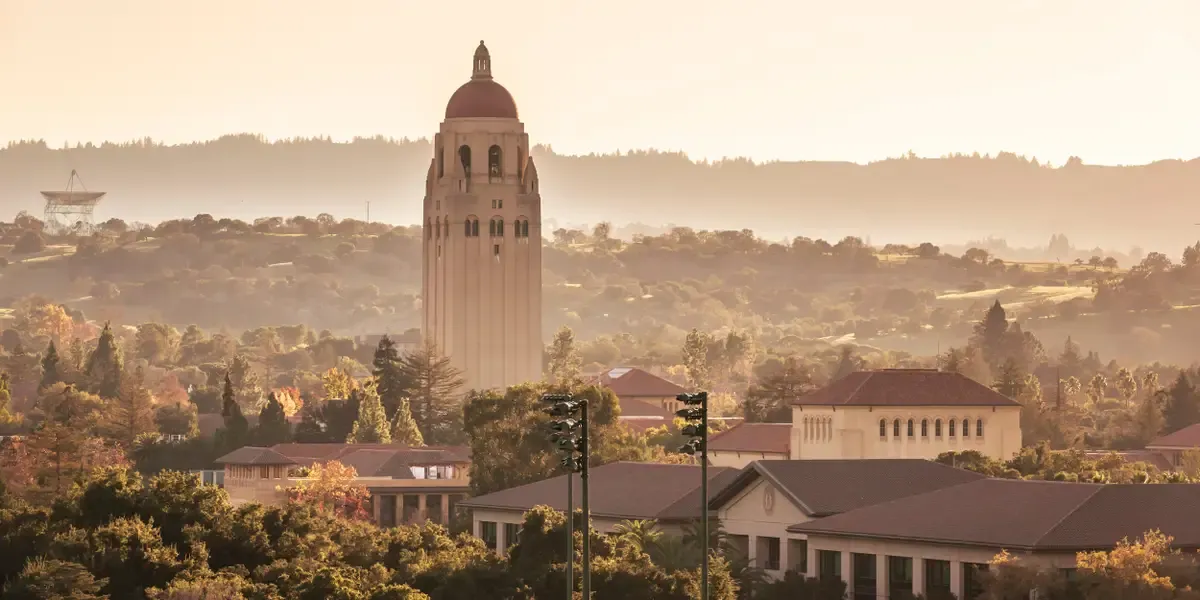Table of Contents

Our civilization is the living legacy of those who were able to peer through the social consensus of their day – to transcend the comfort of falling in line with their community – and to use their minds in order to create better futures. The current consensus amongst evolutionary biologists is that the transformation of ape into man originated when a small group of apes decided to venture out of trees and onto land. At the peril of their lives and in contradiction to everything they had known, it seems as though they decided to venture into the unknown based on a basic conviction that they could fare better on the ground. Human kind’s transition from roaming familial bands to tribes came when groups of rational humans decided that it was best for everyone to put aside cultural norms of war and kinship in order to build collective societies of mutual benefit. Further down the line it was a group of radical thinkers who rejected the notion that man should be the servant of his king and brought about – through sacrifice and at the risk of their own lives – a republic in which all men were equal in opportunity and in front of the law. The human being is the agent of the future, it is our species that has used its rational faculties to bend the natural world to our will, it is the ability to think that has made the term food chain mean McDonalds as opposed to the fear of violent death by another organism.
*The Stanford Review *is a group of individuals who seek to challenge the status quo, to force ourselves and our community to think critically and differently about problems facing our country and our school. We are a platform for those who are not afraid to speak their mind. The Review was built for those who are willing to subject their ideas to the scrutiny of their peers hoping that through rationality they can force people to reconsider positions if only to strengthen them. We do not tow the party line, our articles and debates range from anarchist to despotic, our perspectives are as divergent as the histories we bring to the table. We are driven by the firm belief that he who agrees with everyone around him is his own enemy.
Our legacy at Stanford has been characterized by the refusal to equivocate for the sake of peace. We have put ideas to paper that others only whispered in hallways or were too afraid to express out loud. At times we have been the University’s greatest advocate and at others its loudest detractor– once even bringing legal action against it. During this edition we fully intend on weighing in on a number of pressing university issues such as sexual assault reform, senate financing and mental health failures.
Our mandate is not limited to university issues as the need for bold ideas has never been greater on a national scale. When I was a freshman I caught Jon Huntsman Jr. before he spoke at the University and he said “Think big, we’re going to need it”. I am sure he was referring to the fact that our nation and our values are going to be seriously challenged as the era of American hegemony fades. The world order that we grew up in is being replaced as a result of our current administration’s retraction from global leadership and the astronomical rise of a civilization with radically different values and perspectives on freedom. We face as many threats from outside as we do from our mounting debt, shrinking discretionary spending and increasingly bought out congressional officials. Our generation is going to pay a high price for the profligacy and irrationality of our direct forbearers, and it is not by playing yesterday’s politics that we are going to regain America’s reputation for bold experimentation and faith in the individual. It is by challenging norms, by asking questions and pointing to the price tags on the checks that our government is cashing with our names on them.
The Stanford Review is the home of he or she who is willing to think freely and courageously. It is for those who want their perspectives to be challenged intelligently. These are the values that drive our content. As my predecessor Devon Zuegel wrote in her letter in the spring – we are the New Campus Radicals. We are those who are willing to jump from the comfort of the tree.






